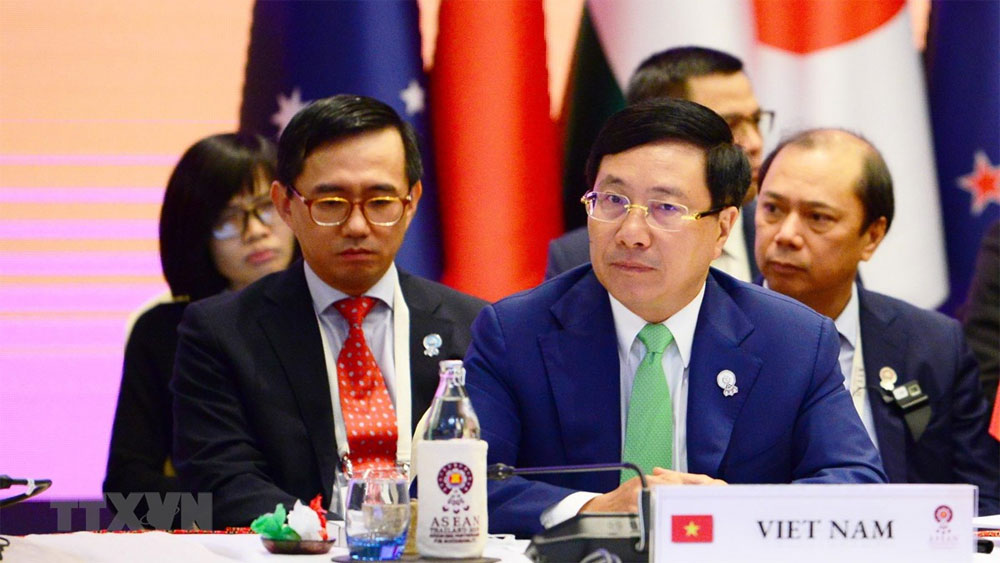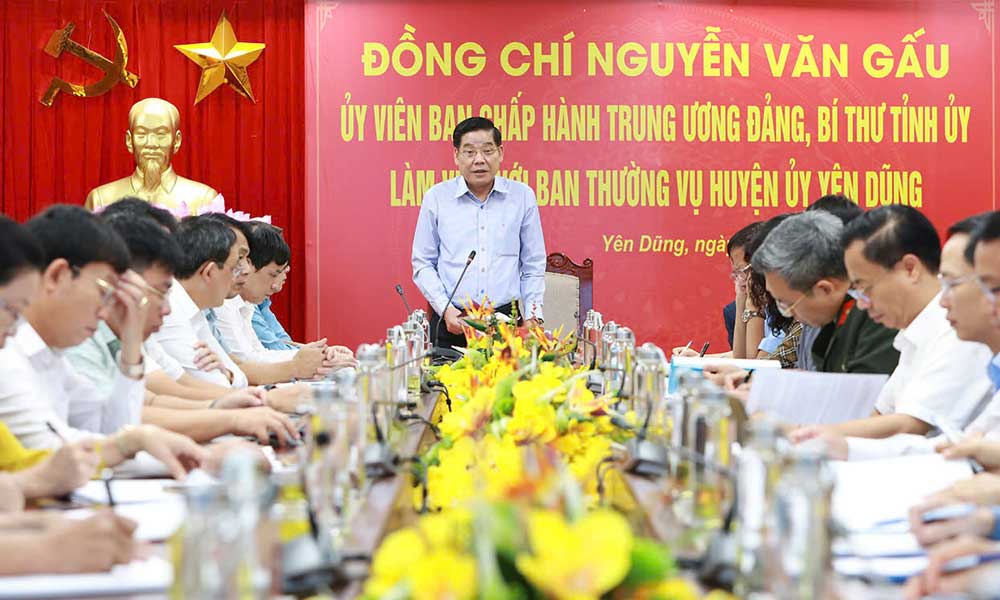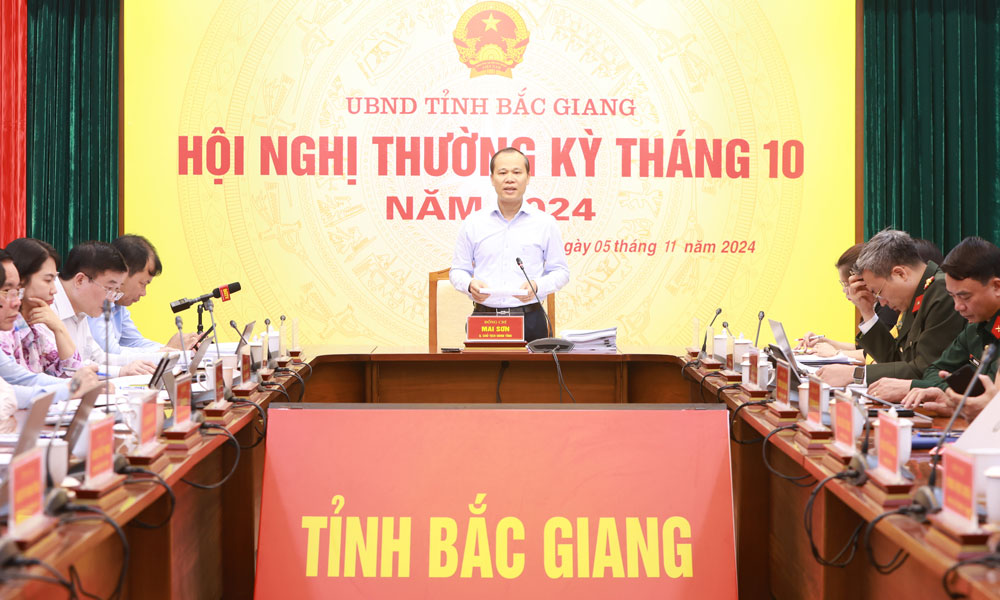Vietnam, Middle East-African nations boost relations
Vietnam established diplomatic ties with South Sudan in February 2019, raising the total number of regional countries that have diplomatic ties with Vietnam to 69 out of 70.
 |
|
Deputy Prime Minister and Foreign Minister Pham Binh Minh. |
Two-way trade neared 19 billion USD in 2019, tripling that in 2008. Vietnam exported farm produce, pharmaceuticals, consumer goods, telecommunications, and finance-banking services to the region.
The country not only received over 7 billion USD in foreign direct investment from the region but also invested more than 2.6 billion USD there, mostly via Viettel’s telecom projects in several African nations.
Cooperation in agriculture, energy, transportation, labour and exchange of experts also improved.
With active, proactive and responsible contributions to dealing with global issues, Vietnam acquired almost absolute support from the Middle East – African countries during its run for a non-permanent member of the United Nations Security Council for the 2020-2021 tenure.
During a recent meeting with ambassadors from the Middle East and African countries, Minh said the potential of collaboration between Vietnam and the region remains huge and diverse.
In its capacity as the Chair of ASEAN 2020 and a non-permanent member of the UN Security Council for the 2020-2021 tenure, Vietnam could serve as a bridge to step up coordination within ASEAN framework, deal with issues related to regional and global peace and security, including those in the Middle East and Africa, he said.
On the back of opportunities from the fourth industrial revolution, similarities in development level and supplementary economies, both sides hold great potential for stepping up comprehensive cooperation, especially in fields of trade, investment, energy, environment, information technology and communications, agriculture, labour and tourism, he added.
Deputy Foreign Minister Dang Minh Khoi said the past economic achievements will lay an important foundation for both sides to ensure food security, reduce poverty, improve value chain, thus bringing direct benefits to the people and businesses in particular.
Source: VNA
 Bắc giang
Bắc giang















Reader's comments (0)